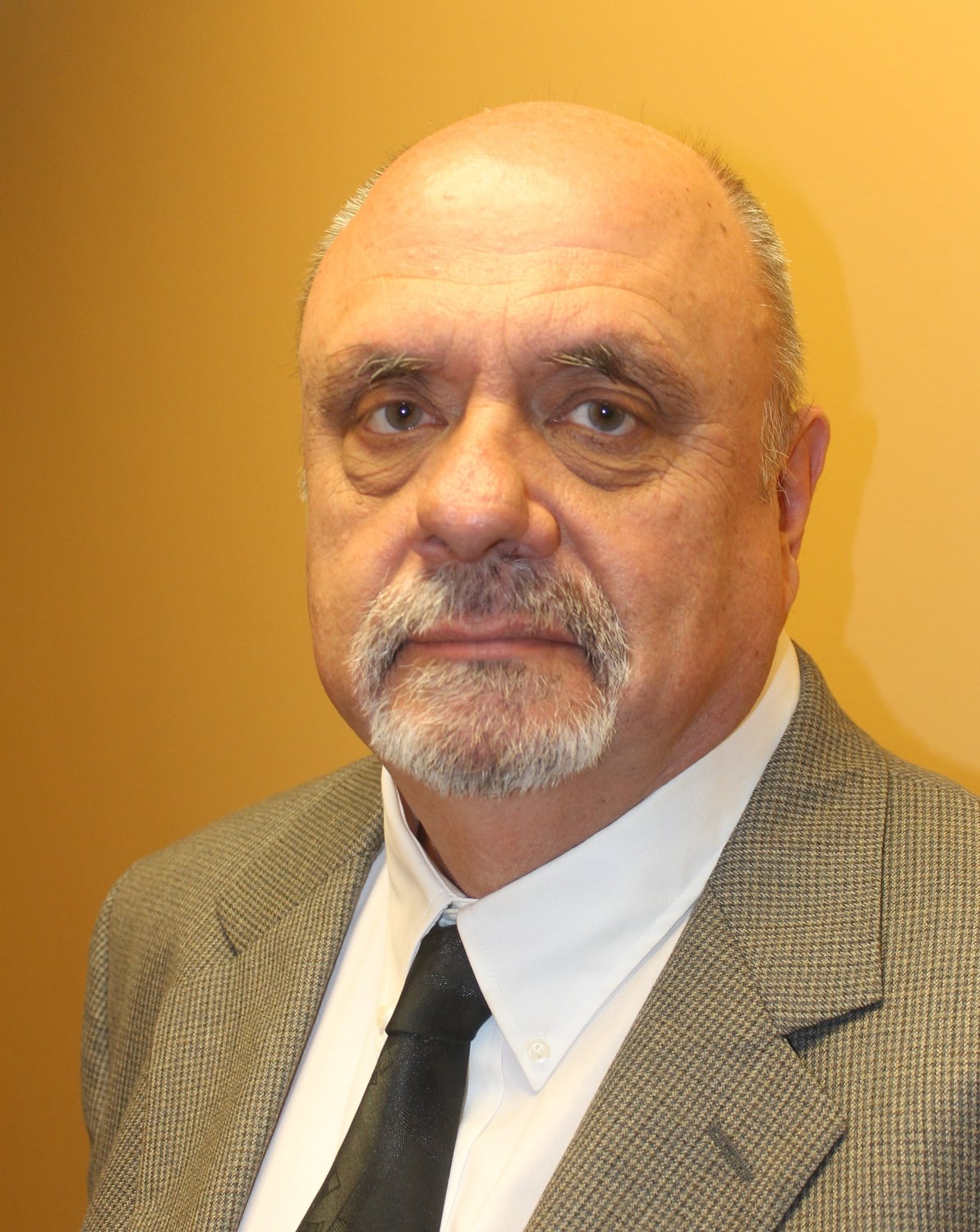Florida should punt on DeSantis’ play for pay plan
I didn’t play college sports. I had to work to pay for school. For years, “scattered and covered” wasn’t how I liked my hash browns. It was part of my job description.
College athletes who already get free tuition, books, housing and food now want to be paid for endorsements, and they’ve got Gov. Ron DeSantis in their huddle.
A system that’s already plagued by cheating will only get worse when athletes are free to make their own deals on the side.
Florida HB 251 mirrors one that’s already passed in California. Florida, New York and South Carolina have been quick to introduce the same legislation. If passed, it would allow 11,000 athletes in Florida to cash in – literally – on their popularity.
“When I look to see good policy ideas, California usually is not the first place I look, but I think California is on the right track,” DeSantis said.
DeSantis said he got the idea before the Florida-Auburn game.
“If you were on scholarship for chemistry and somehow figured out a way to monetize that, no one would say anything,” said DeSantis. “Other people make a lot of money using their name, image and likeness but they under current NCAA rules are not permitted to do that.”
That’s true. But zealous university boosters aren’t buying houses for parents and cars for their favorite chemistry students.
Allowing a star athlete to profit from his name and likeness opens the door for unfair practices. If Tim Tebow could charge $5 for every autograph, just imagine how many would be ordered by a local car dealership or insurance company with deep ties to the Gators. They simply could request 1,000 signed photos, write a check for $5,000 and be done with it.
How much would an autograph from Jason Watkins, Maurkice Pouncey, Mike Pouncey, Phil Trautwein or Carl Johnson be worth? After all, they were all starting offensive linemen for the 2018 national championship team who created the running lanes and kept Tebow upright on passing plays.
Legendary Florida State coach Bobby Bowden doesn’t like it, either.
“I am really not for any of that (reward) because I think it opens it up for people who want to take advantage of it,” he said. “All of those good things you do, there’s always some factions that will find a way to abuse it.”
Talk about going to the highest bidder.
The NCAA is a $14 billion a year industry. It adamantly opposes the play for pay idea in California, or anywhere else. The truth is, there’s plenty of money for everyone, which means there’s plenty of room for a compromise. Instead of allowing college athletes to become free agents on the souvenir market, what about paying every college athlete an allowance? For many, an extra $100 a month would make a big difference. It also would help limit the corruption that’s will come with California’s half-baked idea. The NCAA has warned California’s bill, which is scheduled to start in 2023, may disqualify the state’s student-athletes from competition.
Those rigid stances by the NCAA are just has reckless.
Current rules block athletes from making money from their likeness. In 2017, Donald De La Haye, a kicker from the University of Central Florida, was declared ineligible by making money off his YouTube channel, prompting Sen. Marco Rubio (R-Fla.) to say, “The NCAA is out of control.”
There needs to be common ground that’s beneficial to everyone, not just the star athlete.
Florida’s plan is being pushed by former FSU players Corey Simon and Nick Maddox, along with Sen. Deborah Mayfield, R-Rockledge, representatives Kionne McGhee, D-Miami-Dade and Chip LaMarca, R-Lighthouse Point and Byron Donalds, R-Naples Republican.
The Florida legislature’s 2020 session begins Jan. 14.
“There are going to be issues that need addressing, but I am confident that those issues can be addressed in a way to maintain college athletics as a really special thing but also provide the ability for our student athletes to benefit just like anyone else,” DeSantis said.
But they do benefit with a free education and the incredible opportunity to earn a degree. And if they don’t think that’s a benefit, try flipping eggs on the midnight shift.








